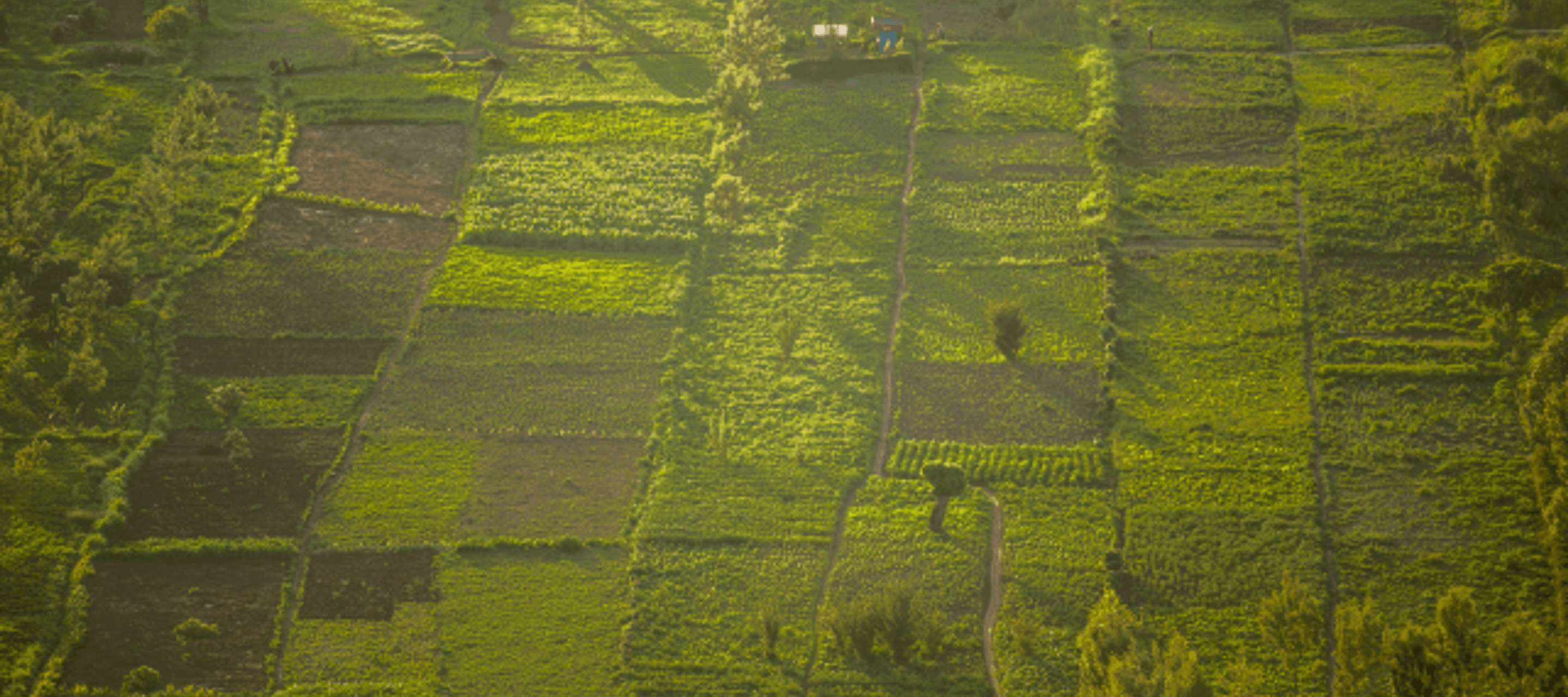Developing Practical Tools for Business on Land and Human Rights
8 March 2012

Earlier this week, my colleagues Salil Tripathi and Wambui Kimathi wrote in the Guardian about the difficult ongoing challenges surrounding land acquisition and use in many countries around the world. A key dimension of addressing the many negative human rights impacts involved, particularly for the most vulnerable, is establishing clearer standards of corporate responsibility in this area.
A patchwork of existing guidelines relating to land already exist, such as the FAO’s Principles for Responsible Agricultural Investment that Respects Rights, Livelihoods and Resources. Yet at the moment there isn’t widely accepted guidance on these issues aimed specifically at business.
We at the Institute for Human Rights and Business (IHRB) are working to help fill that gap through the development of a practical tool for businesses, which not only sets out best practices they should follow in order to ensure respect for human rights relating to land, but also aims to change the culture of thinking across multiple sectors, from agribusiness to mining. This is especially useful where there are significant governance gaps and an unwillingness and/or inability of governments to protect people, and also in the absence of an international legal framework governing land rights.
In November 2011, we launched our draft guidelines on a rights based approach to business land acquisition and use. We have received very useful feedback on the draft for which we are grateful. We have now embarked on a final round of stakeholder consultations during 2012 with a view to finalizing the scope and content of the guidelines later this year. The first roundtable in this final consultation period was held in Kampala, Uganda in January and two more consultations will take place in Delhi (March) and London (May).
The IHRB guidelines, which are intended for businesses that wish to acquire and use land, are a result of a process we began in 2009 to understand the relationship between companies and communities over land, which can sometimes be fraught with conflict, and mistrust. With the recent wave of land investments and speculation in Africa and many other parts of the world, there is now an urgent need to apply human rights due diligence in business operations during the acquisition and use of land.
The IHRB draft guidelines were developed after a series of consultations with a variety of key stakeholders across three continents [India (2009), Colombia (2010), South Africa (2010), and Kenya (2011)]. The guidelines are based on rights-based principles of transparency, accountability and non-discrimination and provide practical guidance steps for companies throughout key phases of any land project - the pre-operation phase, the consultation period and during relocation and rehabilitation.
At our roundtable discussion on the draft guidelines in Uganda, we met with over 25 local civil society organisations (CSOs) and businesses that offered feedback and contributed valuable insights on land related issues in the local context. We heard fascinating case studies and experiences of human rights defenders and practitioners working in the field. Even while we were in Uganda, stories of land grabbing, and forced evictions dominated the headlines. Controversies over forced evictions of communities and closure of local schools to make way for new land development projects made our discussions even more urgent as participants shared similar and daunting experiences and highlighted the need to improve business and government practices across the board.
During our Uganda session, we received valuable suggestions on how to improve the content of the draft. For example, the need for companies to play their role in demanding more access to information for communities from government ministries and departments was stressed as was the importance of highlighting different types of compensation which could be made available to communities which face upheaval. We also heard calls for specifically including the plight of orphaned children, and their recognition as owners and users of land.
This final round of our consultations will certainly add to the robustness of the final version of the IHRB guidelines. Due to the strong interest in this work, we have extended the deadline for comments on the current draft of the guidelines to 31 May 2012. We very much look forward to receiving feedback from all stakeholders in this important subject.



